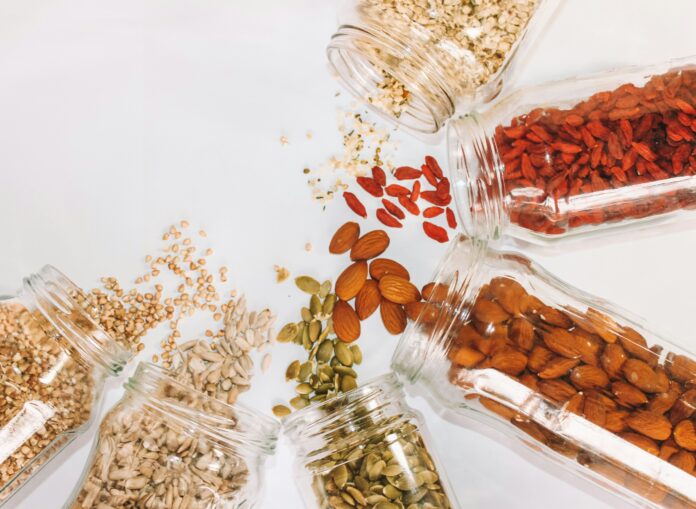Soaking grains has been a traditional part of cooking for centuries in many cultures. In fact, this simple step has several benefits that you may not have known about. Let’s take a closer look.
Enhanced Digestibility
Soaking grains initiates the process of germination. What this does is it activates enzymes and reduces antinutrients like phytic acid and enzyme inhibitors. These compounds, naturally present in grains, can make nutrient absorption more difficult and may cause digestive discomfort. By soaking grains, you facilitate the breakdown of these antinutrients, making the grains easier to digest.
Improved Nutrient Absorption
Phytic acid, while considered an antinutrient, also serves as a storage form of phosphorus in grains. However, it can bind to minerals in the digestive tract, inhibiting their absorption. Soaking grains helps neutralize phytic acid, unlocking minerals and allowing the body to absorb them more effectively.
Potential Reduction of Anti-Nutrients
Apart from phytic acid, soaking grains may also reduce other anti-nutrients like lectins and tannins. They can potentially interfere with nutrient absorption or cause digestive issues for sensitive individuals. Soaking initiates the sprouting process, which breaks down these compounds and may make the grains more tolerable for some people.






